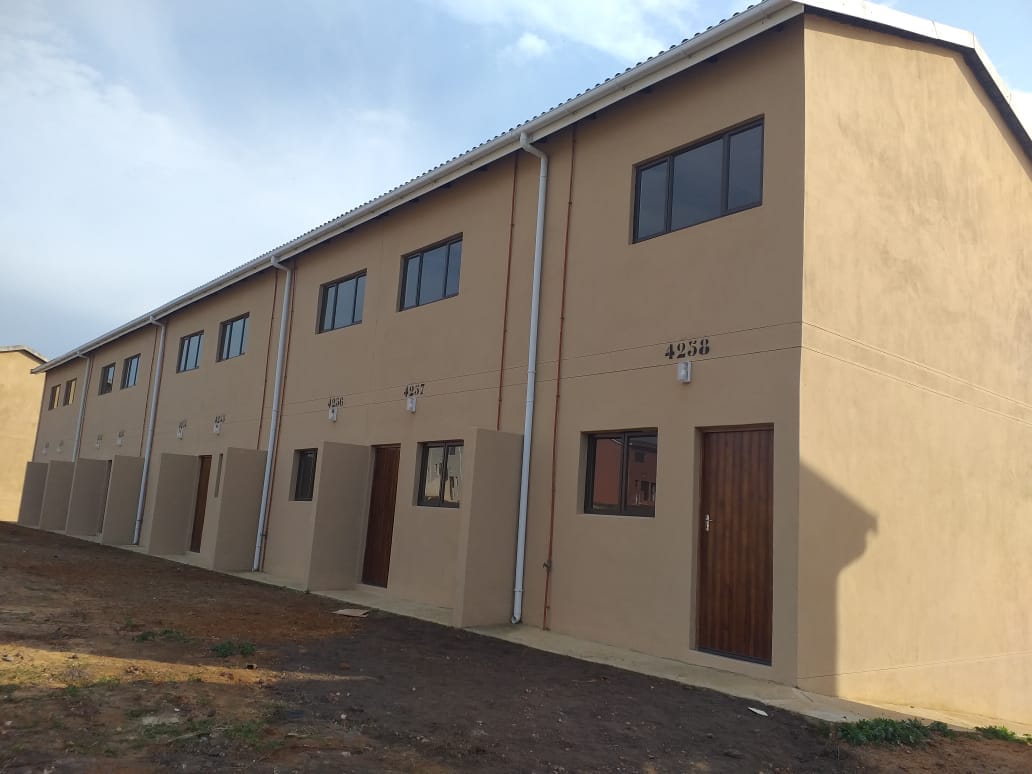Policy Guidelines on the Use of Innovative Technologies within the KwaZulu-Natal Department of Human Settlements

01 January 2022
KwaZulu-Natal Department of Human Settlements
English
Policy brief
Africa
The Policy Guidelines on the Use of Innovative Technologies within the KwaZulu-Natal Department of Human Settlements (PDF, 373 KB) recognise the housing industry's critical role in improving living standards and the pivotal role that technological innovation plays within it. This policy emphasises that technological innovation enhances product quality, reduces costs, and enables wider market distribution, aligning with the Department's mission to expedite housing delivery in the province.
Acknowledging the growing momentum for sustainable alternative technologies nationwide, this policy underscores the need for KwaZulu-Natal's developments to incorporate these sustainable and efficient technologies alongside conventional methods. The Department of Human Settlements has adopted a holistic approach, emphasising dignity restoration, integrated communities, and sustainability, aligning with global concerns regarding climate change and the imperative for energy-efficient and environmentally friendly housing. In response to these challenges, the Department recognises the importance of collaborating closely with innovative technology certificate holders. These guidelines aim to improve communication and provide clear processes for those seeking to engage with the Department, offering innovative products that align with the Department's mission.
Below are the objectives of this policy:
- Promote the use of alternative technologies in human settlements.
- Facilitate access to energy products and services for low-income beneficiaries.
- Foster partnerships in the housing industry.
- Pilot houses are built using alternative technology to assess their impact.
- Provide a wider range of quality and affordable housing options to beneficiaries and end-users.
- Contribute to sustainable and inclusive human settlements in KwaZulu-Natal.
Abstract based directly on source.

Comments